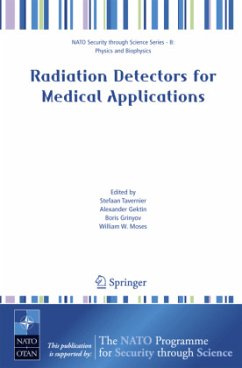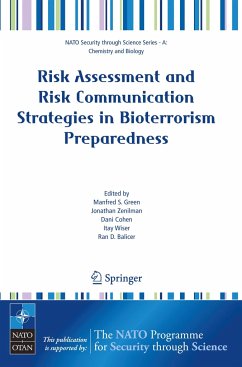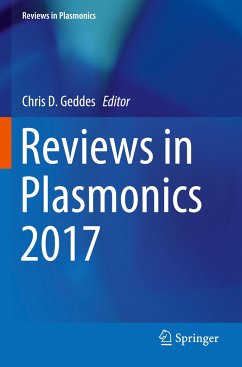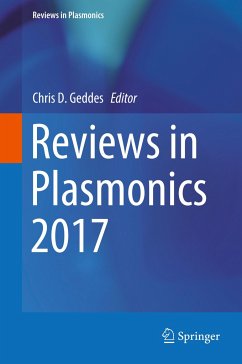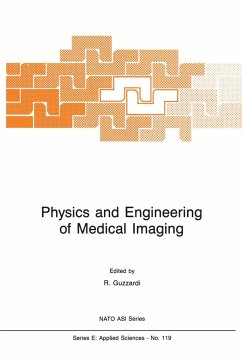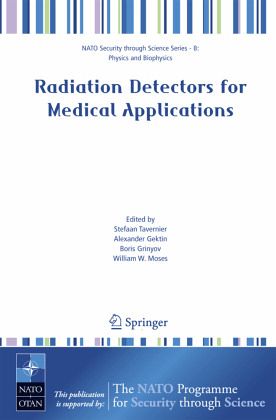
Radiation Detectors for Medical Applications
Versandkostenfrei!
Versandfertig in 6-10 Tagen
226,99 €
inkl. MwSt.
Weitere Ausgaben:

PAYBACK Punkte
113 °P sammeln!
The "NATO Advanced Research Workshop on radiation detectors for medical imaging", held in Alushta (Crimea, Ukraine) in September 2005 was a unique event and I am very pleased that the proceedings are published in the prestigious NATO Security Through Science series. Since their discovery by Becquerel and Röntgen, radiation and radiation detectors have played an ever more important role in medical diagnostics and therapy. The spirit of such NATO workshops is to give an overview of the present state of the field, rather than to bring the latest research results. We have been very lucky to have ...
The "NATO Advanced Research Workshop on radiation detectors for medical imaging", held in Alushta (Crimea, Ukraine) in September 2005 was a unique event and I am very pleased that the proceedings are published in the prestigious NATO Security Through Science series. Since their discovery by Becquerel and Röntgen, radiation and radiation detectors have played an ever more important role in medical diagnostics and therapy. The spirit of such NATO workshops is to give an overview of the present state of the field, rather than to bring the latest research results. We have been very lucky to have with us several of the worlds leading experts in the use of radiation detectors for medial imaging, resulting in a number of extremely interesting overview talks. The talks of these 14 keynote speakers to the NATO workshop are published in the present volume. The presentations by A. Gektin and W. Moses were combined in one common paper, so that the present book only has 13 chapters. We are sure most of these contributions will prove of lasting value. We are particularly grateful to the "NATO science committee" that has financially supported the meeting. Thanks to the NATO funding we have been able to cover a significant fraction of the expenses for a total of 48 participants to this workshop. Without this support a number of participants from central and east Europe would most probably not have had the possibility to attend.



